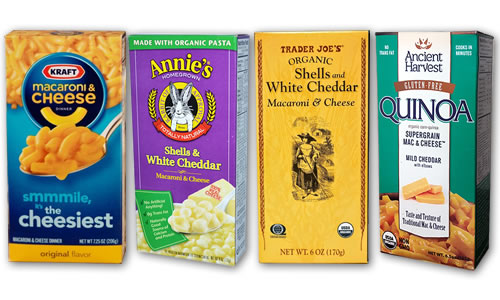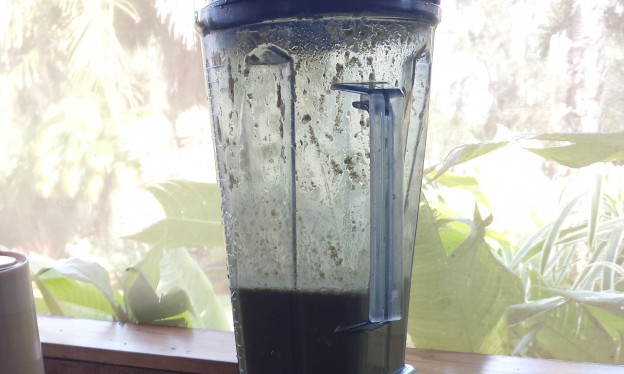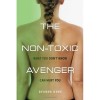Hormone Disruptors in Boxed Mac & Cheese and Other Processed Cheeses

Since going plastic-free, I generally avoid processed, packaged foods. Â So I haven’t enjoyed the Day-Glo orange of Kraft Mac & Cheese in years. Â (Yeah, I used to live on that stuff in the 80’s and 90’s, with extra cheese added because, despite the advertising claims, it really isn’t the “cheesiest.”)
But the other day, Michael brought home a box of organic quinoa mac & cheese that someone had left on the curb as a freebie, and I thought maybe I’d go ahead and have it, its being free and all.
And then yesterday, I read that a new study commissioned by the Coalition for Safer Food Processing & Packaging has found phthalates — a type of hormone-disrupting chemical found in plastics — in 29 of 30 cheese products they tested.  Cheese powders from boxed mac & cheese had four times higher levels of phthalates than natural, unprocessed cheeses.  And other processed cheeses… Read the rest
















